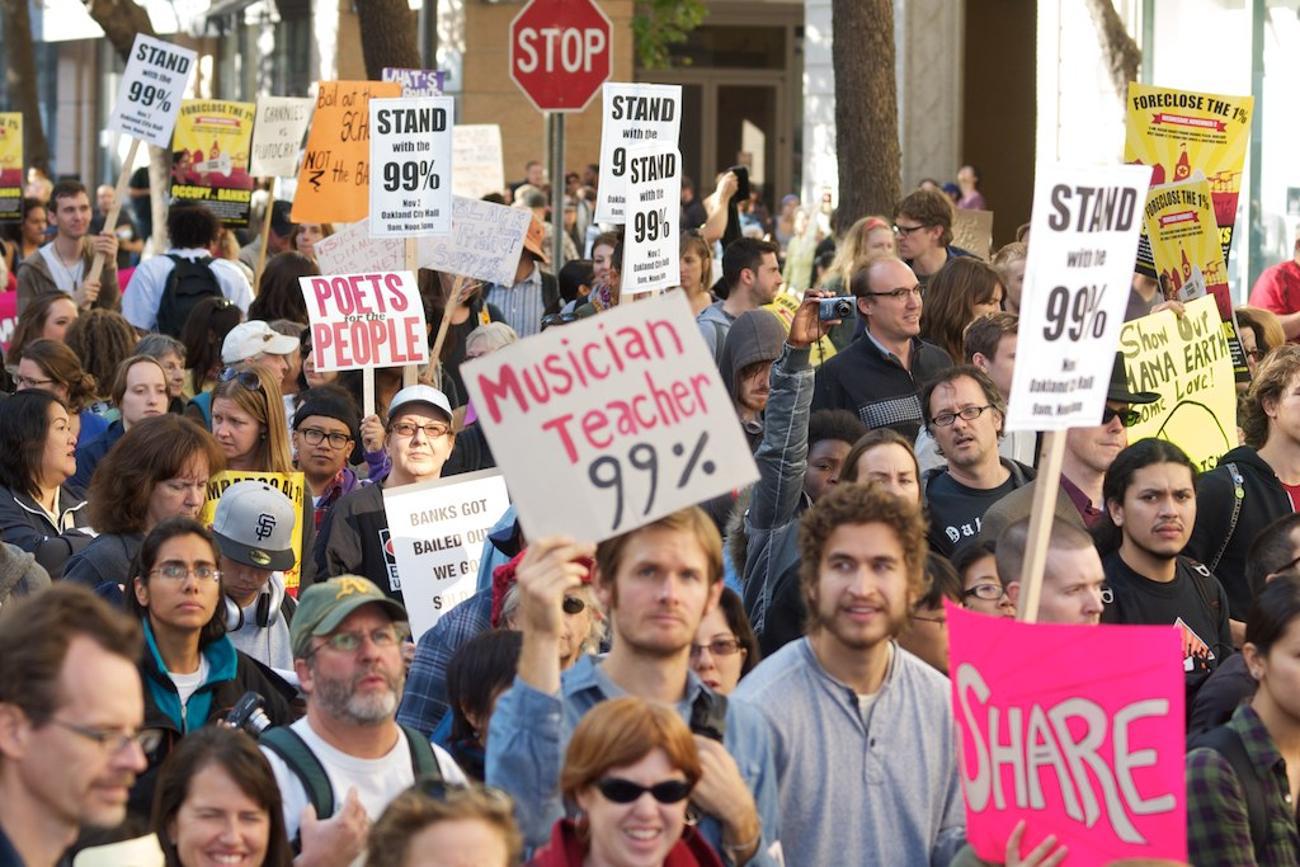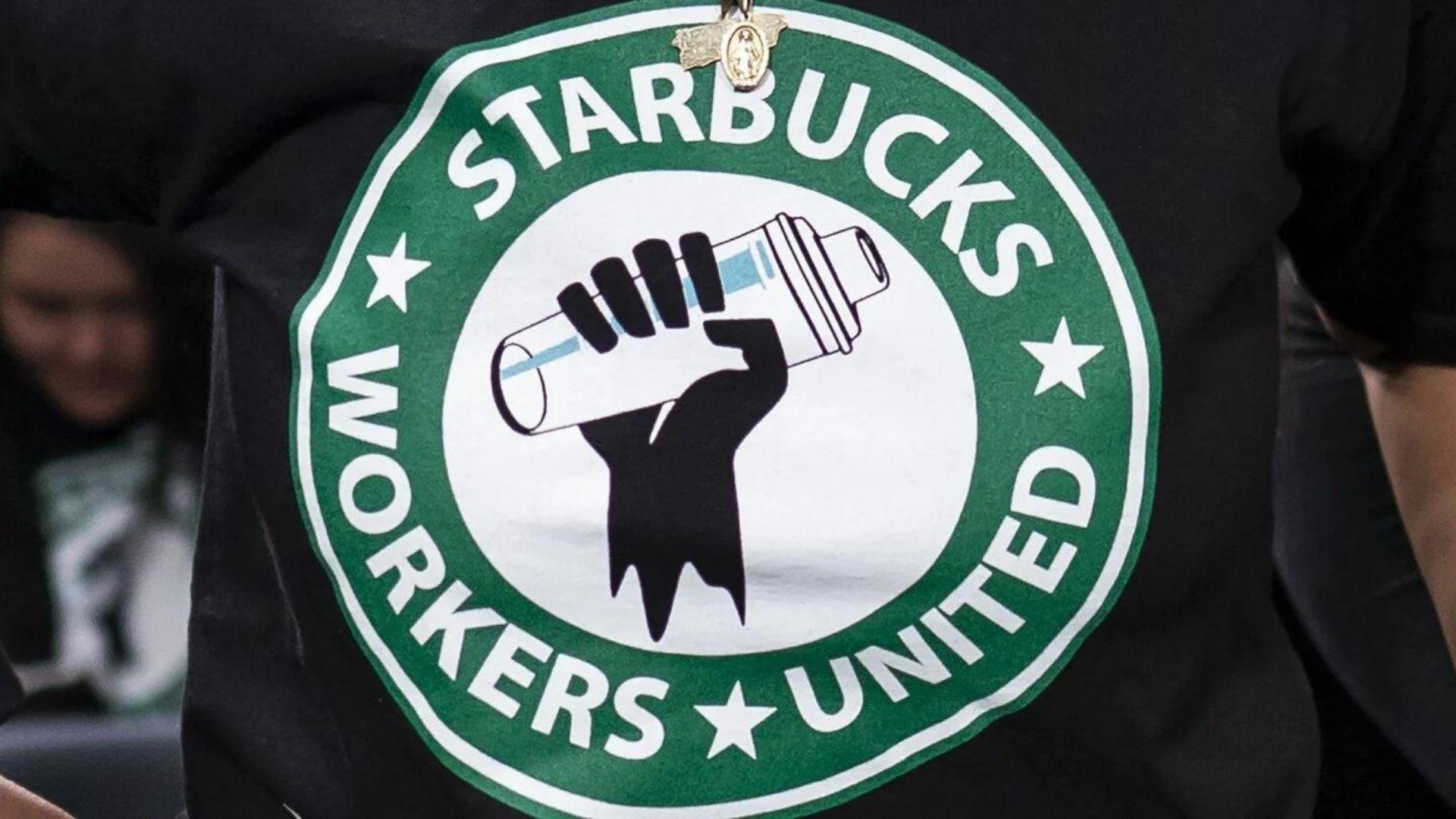More than 150 years ago, the United States experienced what is now called the “Gilded Age.” For 20 years, the country saw extreme economic growth, but only the wealthy truly benefited from the expansion.
Now, in 2024, some say the Gilded Age is back. Working-class Americans are struggling to pay their bills, getting laid off, and can’t even afford to buy a home, all while CEOs and executives are making more money than ever before.
Americans Are Struggling

Anyone who opens the proverbial newspaper on their laptop today will find article after article explaining the current struggles of the average American. From soaring inflation to no affordable housing, stagnant wages, and exorbitant bills, it’s a tough time to be an American worker.
However, at the same time, the small percentage of business executives, shareholders, and CEOs are making more money than ever.
90% of the Money Goes to Those at the Top

Oxfam, a British nonprofit focused on eradicating poverty, recently conducted a study of 200 US corporations to find out where their money goes.
The first thing they realized was that 90% of these companies’ net profits went directly into the pockets of the shareholders and CEOs. According to Oxfam’s calculations, that means $1.1 trillion is in the hands of the very few elites, while the remaining $250 billion is dispersed among the millions of people they employ.
The Income of CEOs Has Skyrocketed

The study also found that CEOs saw a 31% increase in their earnings from 2018 to 2022. Mark Zuckerberg, founder and CEO of Meta, took home $27.1 million in 2022, and Jeff Bezos, CEO of Amazon, made an almost unbelievable $70 billion in 2023.
It’s important to note that these immense numbers include not only the CEOs’ annual salaries but also what they made during the year through stock options. Essentially, these corporations have set themselves up to make shareholders (including their own CEOs) millions of dollars from the stock market every year.
Isn’t That Stock Manipulation?

In the 1980s, stock buybacks, which used to be forbidden because they were considered a form of stock manipulation, became legal once again.
Once stock buybacks were an option once more, it became completely legal for companies to inflate their stock prices. It’s a practice that has made CEOs and shareholders billions of dollars over the past 30 years.
Corporate Tax Cuts Have Led to Wild Profit Margins

Additionally, corporate tax cuts over the past several decades have allowed mega-companies to keep a significantly higher percentage of their profits.
However, while one may think the best use of this increased income would be to improve employee salaries or benefits, that is not what these companies decided to do.
The Wage Gap Between Executives and Employees Is Growing

Many of these companies claim that they always pay a living wage and ensure their employees are well looked after; however, very few released concrete data regarding any kind of increased salary for employees over the past several years.
In fact, according to Oxfam’s analysis, the wage gap between employees and executives grew from 2018 to 2022. At McDonald’s, the CEO-to-worker gap is now 1,745 to 1, and at Coca-Cola, it’s 1,594 to 1.
Mega-Companies Are Laying Off Americans Left and Right

To make matters worse, these companies have not only kept employee salaries stagnant but also laid off hundreds of thousands of employees in the past few years.
One study reported that 262,735 Americans were laid off in 2023 alone. These corporations are claiming the layoffs are necessary in order to cut back on costs and improve infrastructure. But after learning that CEO and executive salaries are increasing, it’s hard to believe they are all that worried about cutting back.
Everything These Corporations Are Doing Is Legal

The majority of Americans probably aren’t surprised to learn that the rich are getting richer while the working class struggles and the middle class falls to pieces. This trend has been going on for years.
Unfortunately, for millions of Americans, everything these corporations are doing, from multi-billion dollar stock buybacks to increasing CEO payouts and laying off thousands of employees, is completely legal.
Americans Have Tried and Failed to Change the System

This certainly isn’t the first time the massive wage gap throughout the nation has caused an uproar.
In 2011, when it became clear that 1% of Americans owned all of the country’s wealth, people took to the streets in a protest they aptly named Occupy Wall Street with the slogan “We are the 99%.” However, little came from these protests, and 13 years later, income inequality is still rampant in America.
Workers Are Trying to Fight Back

Today, workers are once again trying to fight back against corporate greed. There were several strikes last summer, and unionization is becoming far more popular.
The Starbucks Union, for example, gained some ground when company executives agreed to negotiate with its workers and actually conceded to several of their requests for change.
Corporations Need to Realize That This System Is Bad for the Economy

Sadly, stories like the Starbucks Union’s are few and far between. The vast majority of American employees are still struggling to make ends meet, and another Gilded Age is extremely bad news for the country’s economy.
As Irit Tamir, senior director at Oxfam, explained, “At the end of the day, this is bad for business. Having wealth in the hands of fewer and fewer people is not good for an economy.”
